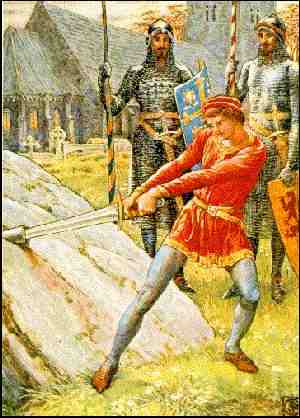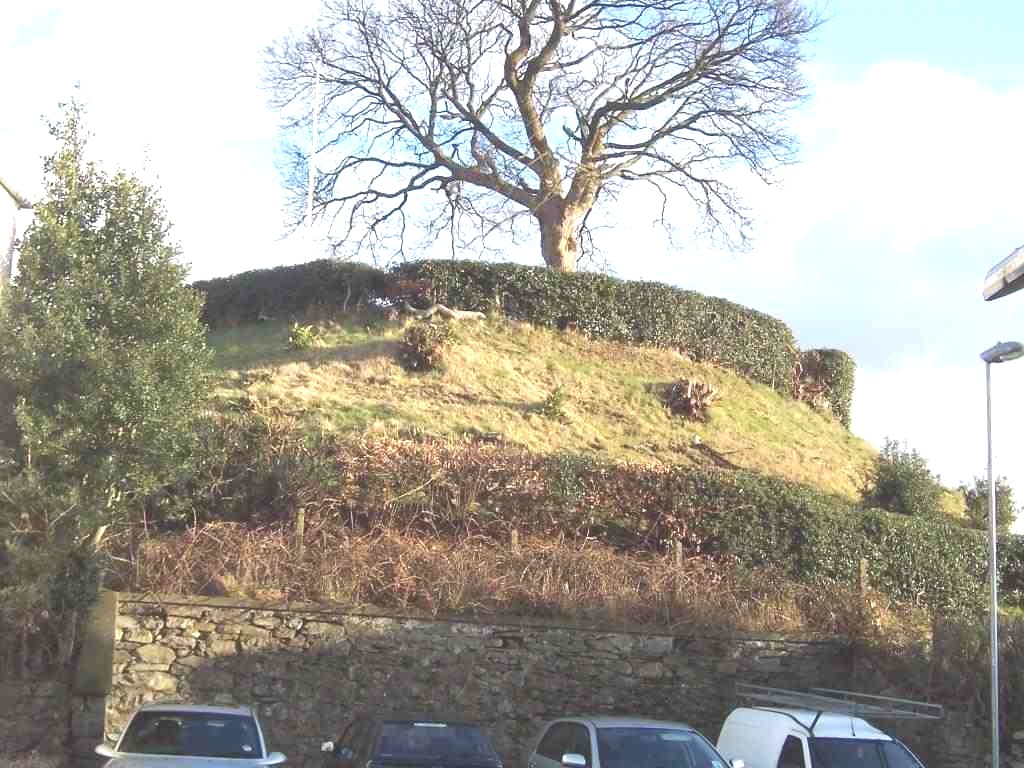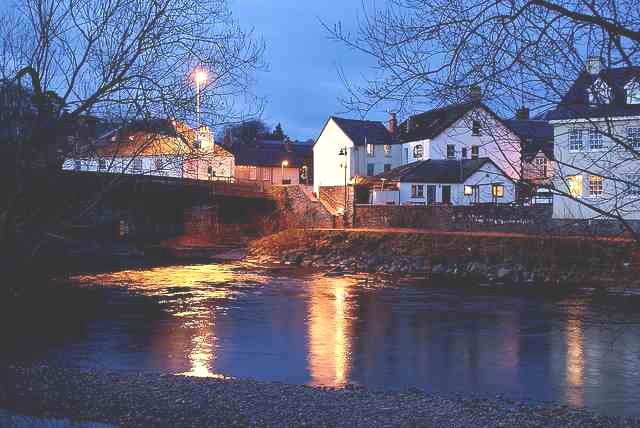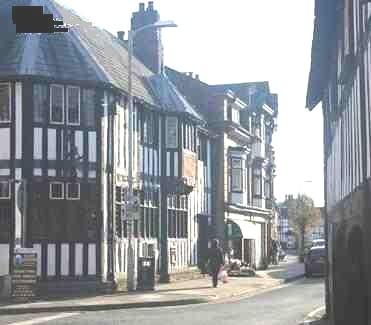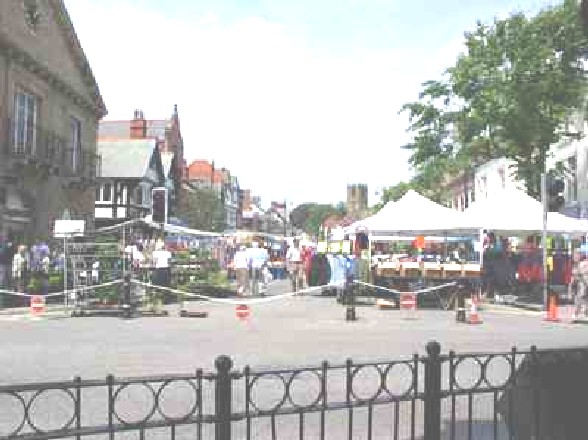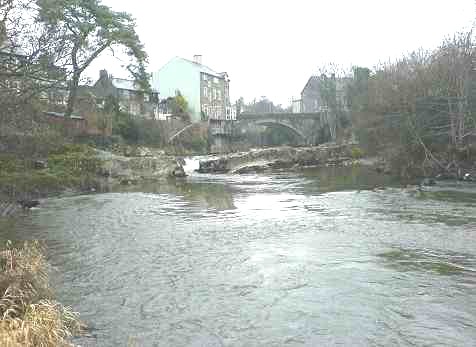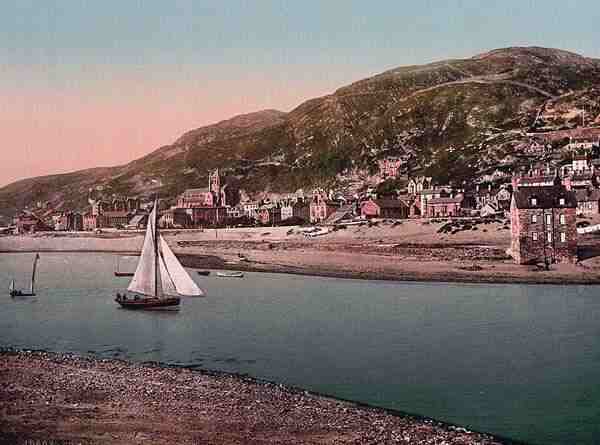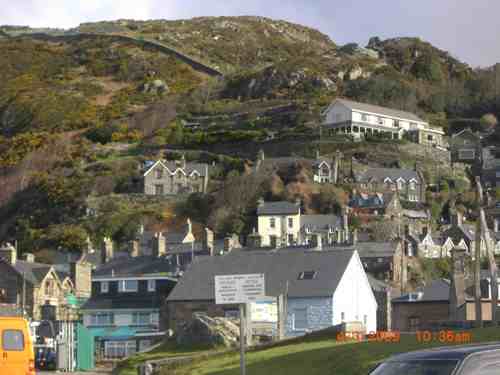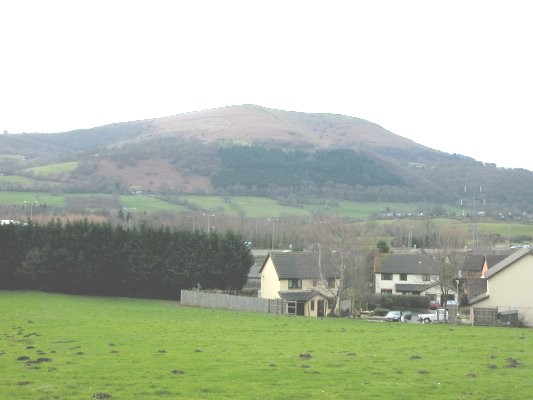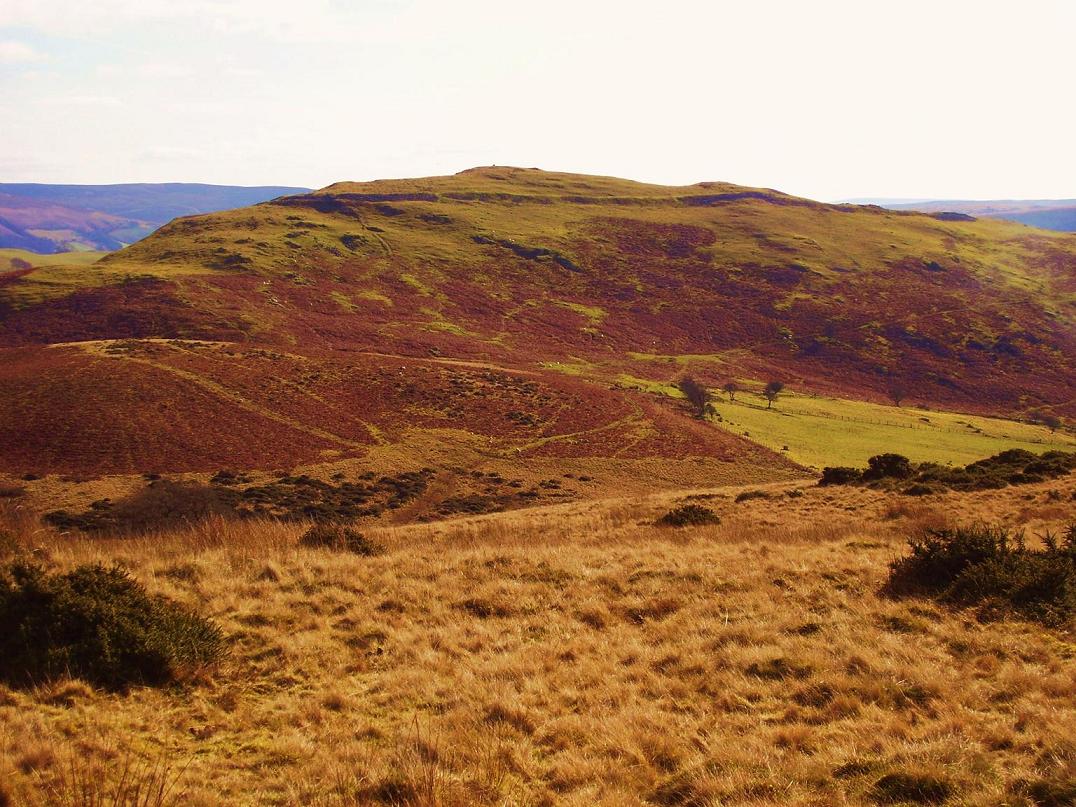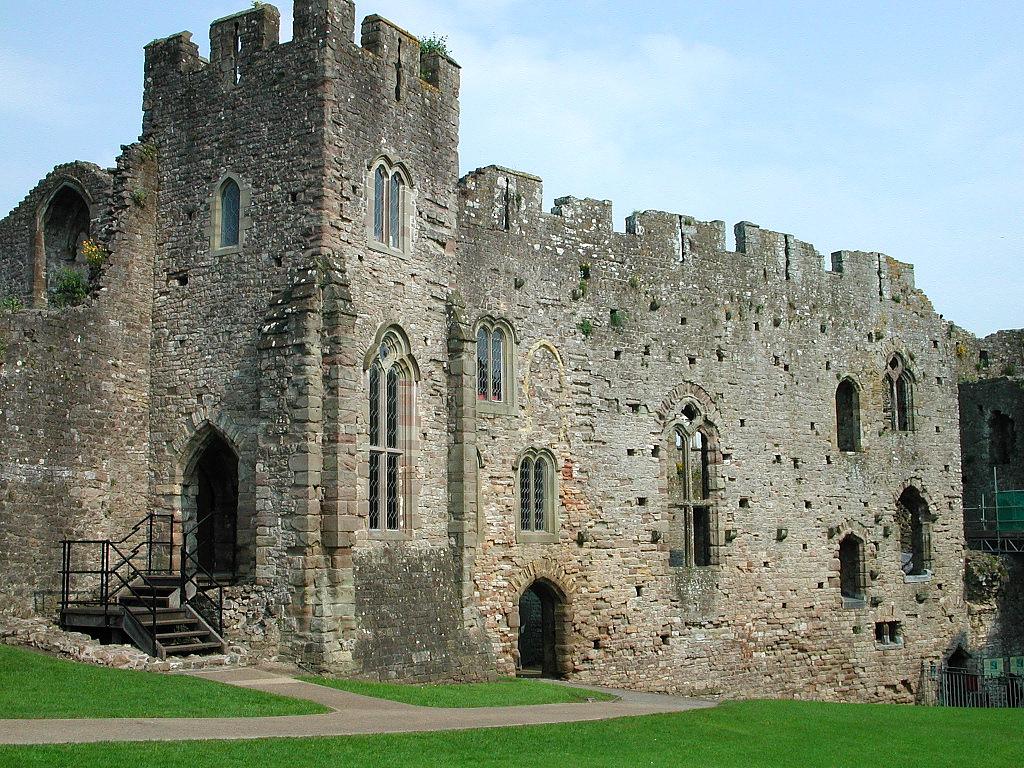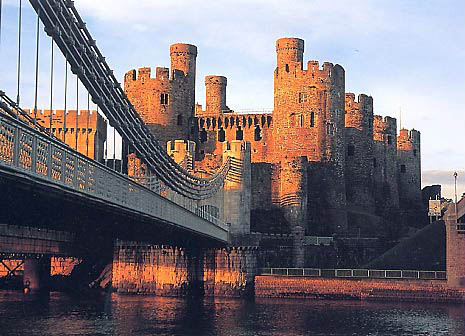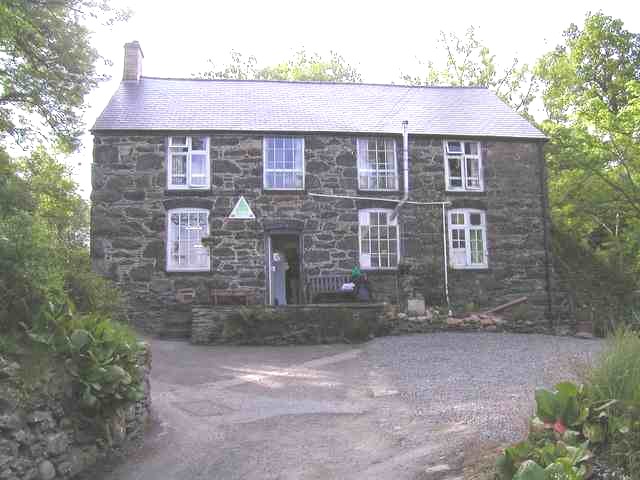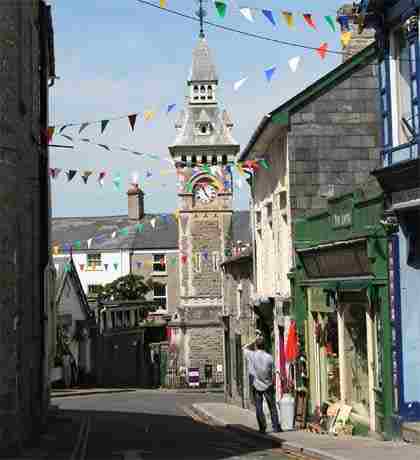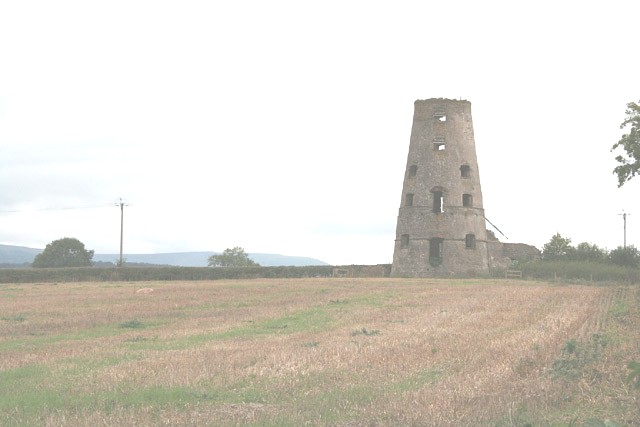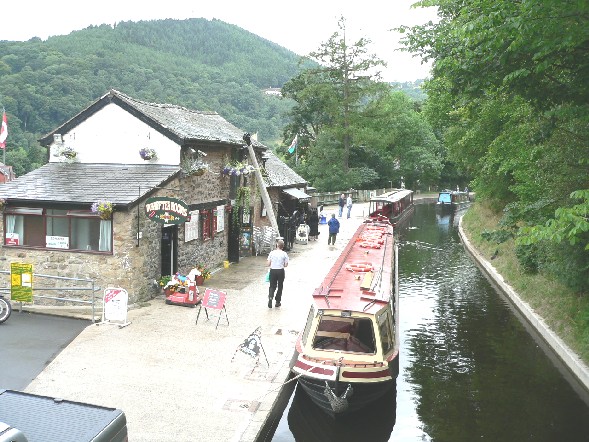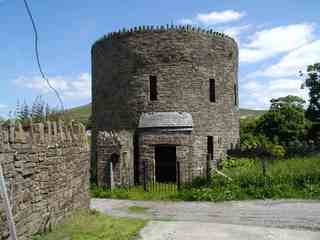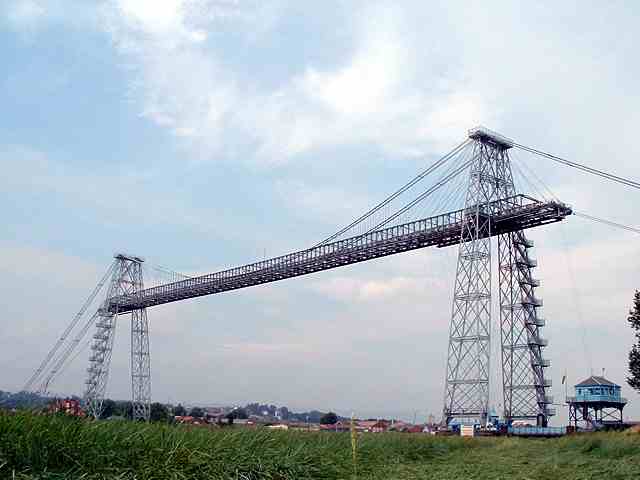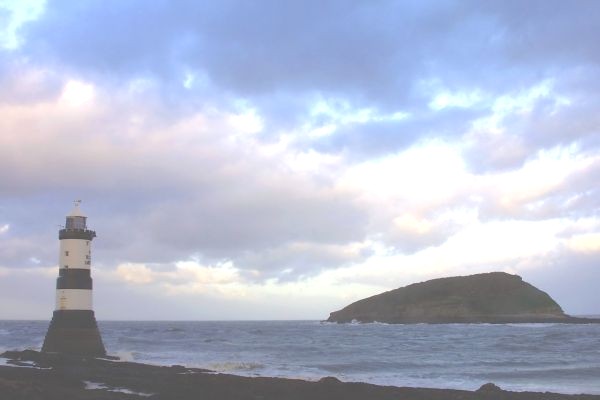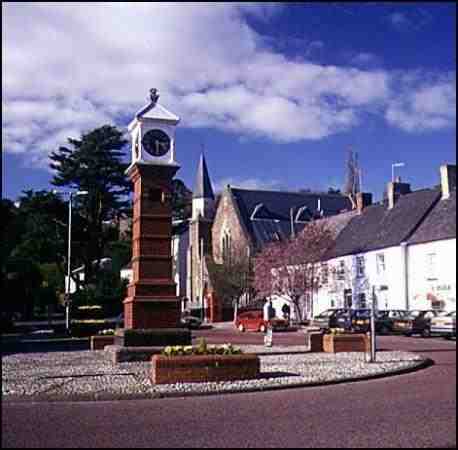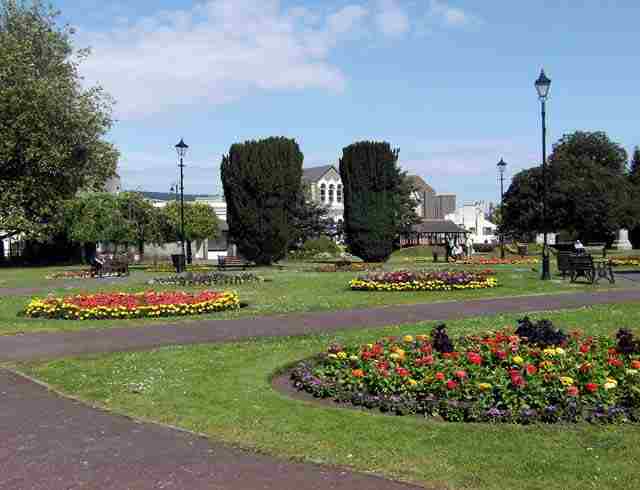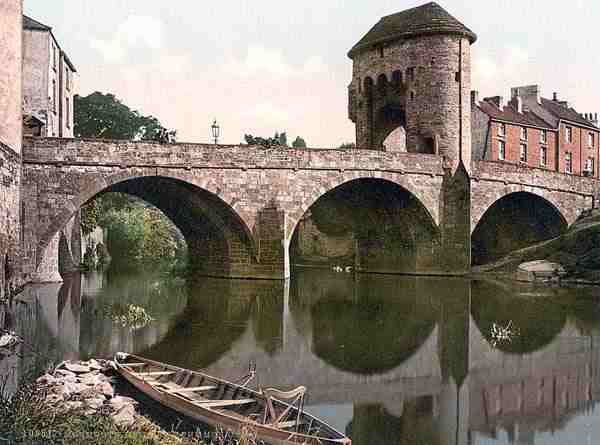Writings
of H P Blavatsky
Cardiff Theosophical Society in Wales
206 Newport Road, Cardiff, Wales, UK. CF24 -1DL
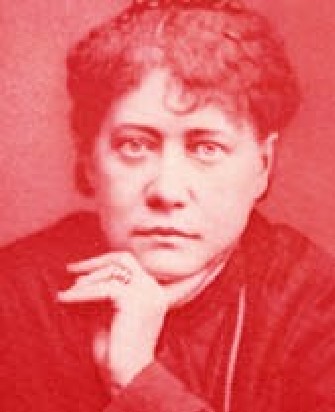
Helena Petrovna Blavatsky (1831 – 1891)
The Founder of Modern Theosophy
Chelas And Lay Chelas
By
H
P Blavatsky
AS the word
Chela has, among others, been introduced by Theosophy into the nomenclature of
Western metaphysics, and the circulation of our magazine is constantly
widening, it will be as well if some more definite explanation than heretofore
is given with respect to the meaning of this term and the rules of Chelaship,
for the benefit of our European if not Eastern members. A "Chela"
then, is one who has offered himself or herself as a pupil to learn practically
the "hidden mysteries of Nature and the psychical powers latent in
man." The spiritual teacher to whom he proposes his candidature is called
in India a Guru; and the real Guru is always an Adept in the Occult Science. A
man of profound knowledge, exoteric and esoteric, especially the latter; and
one who has brought his carnal nature under subjection of the WILL; who has
developed in himself both the power (Siddhi) to control the forces of nature,
and the capacity to probe her secrets by the help of the formerly latent but now
active powers of his being:--this is the real Guru. To offer oneself as a
candidate for Chelaship is easy enough, to develop into an Adept the most
difficult task any man could possibly undertake. There are scores of
"natural-born" poets, mathematicians, mechanics, statesmen, etc., but
a natural-born Adept is something practically impossible. For, though we do
hear at very rare intervals of one who has an extraordinary innate capacity for
the acquisition of occult knowledge and power, yet even he has to pass the
self-same tests and probations, and go through the same self-training as any
less endowed fellow aspirant. In this matter it is most true that there is no
royal road by which favourites may travel. For centuries the selection of
Chelas--outside the hereditary group within the gon-pa (temple)--has been made
by the Himalayan Mahatmas themselves from among the class--in Tibet, a
considerable one as to number--of natural mystics. The only exceptions have
been in the cases of Western men like Fludd, Thomas Vaughan, Paracelsus, Pico
di Mirandola, Count St. Germain, etc., whose temperamental affinity to this
celestial science more or less forced the distant Adepts to come into personal
relations with them, and enabled them to get such small (or large) proportion
of the whole truth as was possible under their social surroundings. From Book
IV of Kiu-te, Chapter on "the Laws of Upasans," we learn that the
qualifications expected in a Chela were:-- 1. Perfect physical health; 2.
Absolute mental and physical purity; 3. Unselfishness of purpose; universal
charity; pity for all animate beings; 4. Truthfulness and unswerving faith in
the law of Karma, independent of any power in nature that could interfere: a
law whose course is not to be obstructed by any agency, not to be caused to
deviate by prayer or propitiatory exoteric ceremonies; 5. A courage undaunted
in every emergency, even by peril to life; 6. An intuitional perception of
one's being the vehicle of the manifested Avalokitesvara or Divine Atman
(Spirit); 7. Calm indifference for, but a just appreciation of everything that
constitutes the objective and transitory world, in its relation with, and to,
the invisible regions. Such, at the least, must have been the recommendations
of one aspiring to perfect Chelaship. With the sole exception of the 1st, which
in rare and exceptional cases might have been modified, each one of these
points has been invariably insisted upon, and all must have been more or less
developed in the inner nature by the Chela's UNHELPED EXERTIONS, before he
could be actually put to the test. When the self-evolving ascetic--whether in,
or outside the active world--had placed himself, according to his natural
capacity, above, hence made himself master of, his (1) Sarira--body; (2)
lndriya--senses; (3) Dosha--faults; (4) Dukkha--pain; and is ready to become
one with his Manas--mind; Buddhi--intellection, or spiritual intelligence; and
Atma--highest soul, i.e., spirit. When he is ready for this, and, further, to
recognize in Atma the highest ruler in the world of perceptions, and in the
will, the highest executive energy (power), then may he, under the
time-honoured rules, be taken in hand by one of the Initiates. He may then be
shown the mysterious path at whose thither end the Chela is taught the unerring
discernment of Phala, or the fruits of causes produced, and given the means of
reaching ,Apavarga--emancipation, from the misery of repeated births (in whose
determination the ignorant has no hand), and thus of avoiding
Pratya-bhava--transmigration. But since the advent of the Theosophical Society,
one of whose arduous tasks it was to re-awaken in the Aryan mind the dormant
memory of the existence of this science and of those transcendent human
capabilities, the rules of Chela selection have become slightly relaxed in one
respect. Many members of the Society becoming convinced by practical proof upon
the above points, and rightly enough thinking that if other men had hitherto
reached the goal, they too if inherently fitted, might reach it by following
the same path, pressed to be taken as candidates. And as it would be an
interference with Karma to deny them the chance of at least beginning--since
they were so importunate, they were given it. The results have been far from
encouraging so far, and it is to show these unfortunates the cause of their
failure as much as to warn others against rushing heedlessly upon a similar
fate, that the writing of the present article has been ordered. The candidates
in question, though plainly warned against it in advance, began wrong by
selfishly looking to the future and losing sight of the past. They forgot that
they had done nothing to deserve the rare honour of selection, nothing which
warranted their expecting such a privilege; that they could boast of none of
the above enumerated merits. As men of the selfish, sensual world, whether
married or single, merchants, civilian or military employees, or members of the
learned professions, they had been to a school most calculated to assimilate
them to the animal nature, least so to develope their spiritual potentialities.
Yet each and all had vanity enough to suppose that their case would be made an
exception to the law of countless centuries' establishment as though, indeed,
in their person had been born to the world a new Avatar! All expected to have
hidden things taught, extraordinary powers given them because--well, because
they had joined the Theosophical Society. Some had sincerely resolved to amend
their lives, and give up their evil courses; we must do them that justice, at
all events. All were refused at first, Col. Olcott, the President, himself, to
begin with; and as to the latter gentleman there is now no harm in saying that
he was not formally accepted as a Chela until he had proved by more than a
year's devoted labours and by a determination which brooked no denial, that he
might safely be tested. Then from all sides came complaints--from Hindus, who
ought to have known better, as well as from Europeans who, of course, were not
in a condition to know anything at all about the rules. The cry was that unless
at least a few Theosophists were given the chance to try, the Society could not
endure. Every other noble and unselfish feature of our programme was ignored--a
man's duty to his neighbour, to his country, his duty to help, enlighten,
encourage and elevate those weaker and less favoured than he; all were trampled
out of sight in the insane rush for adeptship. The call for phenomena,
phenomena, phenomena, resounded in every quarter, and the Founders were impeded
in their real work and teased importunately to intercede with the Mahatmas,
against whom the real grievance lay, though their poor agents had to take all
the buffets. At last, the word came from the higher authorities that a few of
the most urgent candidates should be taken at their word. The result of the
experiment would perhaps show better than any amount of preaching what
Chelaship meant, and what are the consequences of selfishness and temerity.
Each candidate was warned that he must wait for years in any event, before his
fitness could be proven, and that he must pass through a series of tests that
would bring out all there was in him, whether bad or good. They were nearly all
married men and hence were designated "Lay Chelas"--a term new in
English, but having long had its equivalent in Asiatic tongues. A Lay Chela is
but a man of the world who affirms his desire to become wise in spiritual
things. Virtually, every member of the Theosophical Society who subscribes to
the second of our three "Declared Objects" is such; for though not of
the number of true Chelas, he has yet the possibility of becoming one, for he
has stepped across the boundary-line which separated him from the Mahatmas, and
has brought himself, as it were, under their notice. In joining the Society and
binding himself to help along its work, he has pledged himself to act in some
degree in concert with those Mahatmas, at whose behest the Society was
organized, and under whose conditional protection it remains. The joining is
then, the introduction; all the rest depends entirely upon the member himself,
and he need never expect the most distant approach to the "favor" of
one of our Mahatmas, or any other Mahatmas in the world--should the latter
consent to become known--that has not been fully earned by personal merit. The
Mahatmas are the servants, not the arbiters of the Law of Karma. LAY-CHELASHIP
CONFERS NO PRIVILEGE UPON ANY ONE EXCEPT THAT OF WORKING FOR MERIT UNDER THE
OBSERVATION OF A MASTER. And whether that Master be or be not seen by the Chela
makes no difference whatever as to the result: his good thoughts, words and
deeds will bear their fruits, his evil ones, theirs. To boast of Lay Chelaship
or make a parade of it, is the surest way to reduce the relationship with the
Guru to a mere empty name, for it would be primâ facie evidence of vanity and
unfitness for farther progress. And for years we have been teaching everywhere
the maxim "First deserve, then desire" intimacy with the Mahatmas.
Now there is a terrible law operative in nature, one which cannot be altered,
and whose operation clears up the apparent mystery of the selection of certain
"Chelas" who have turned out sorry specimens of morality, these few
years past. Does the reader recall the old proverb, "Let sleeping dogs
lie"? There is a world of occult meaning in it. No man or woman knows his
or her moral strength until it is tried. Thousands go through life very
respectably, because they were never put to the pinch. This is a truism
doubtless, but it is most pertinent to the present case. One who undertakes to
try for Chelaship by that very act rouses and lashes to desperation every
sleeping passion of his animal nature. For this is the commencement of a
struggle for the mastery in which quarter is neither to be given nor taken. It
is, once for all, "To be, or Not to be"; to conquer, means ADEPTSHIP;
to fail, an ignoble Martyrdom: for to fall victim to lust, pride, avarice,
vanity, selfishness, cowardice, or any other of the lower propensities, is
indeed ignoble, if measured by the standard of true manhood. The Chela is not
only called to face all the latent evil propensities of his nature, but, in
addition, the whole volume of maleficent power accumulated by the community and
nation to which he belongs. For he is an integral part of those aggregates, and
what affects either the individual man, or the group (town or nation) reacts
upon the other. And in this instance his struggle for goodness jars upon the
whole body of badness in his environment, and draws its fury upon him. If he is
content to go along with his neighbours and be almost as they are--perhaps a
little better or somewhat worse than the average--no one may give him a
thought. But let it be known that he has been able to detect the hollow mockery
of social life, its hypocrisy, selfishness, sensuality, cupidity and other bad
features, and has determined to lift himself up to a higher level, at once he
is hated, and every bad, or bigoted, or malicious nature sends at him a current
of opposing will power. If he is innately strong he shakes it off, as the
powerful swimmer dashes through the current that would bear a weaker one away.
But in this moral battle, if the Chela has one single hidden blemish--do what
he may, it shall and will be brought to light. The varnish of conventionalities
which "civilization" overlays us all with must come off to the last
coat, and the Inner Self, naked and without the slightest veil to conceal its
reality, is exposed. The habits of society which hold men to a certain degree
under moral restraint, and compel them to pay tribute to virtue by seeming to
be good whether they are so or not, these habits are apt to be all forgotten,
these restraints to be all broken through under the strain of chelaship. He is
now in an atmosphere of illusions--Maya. Vice puts on its most alluring face,
and the tempting passions try to lure the inexperienced aspirant to the depths
of psychic debasement. This is not a case like that depicted by a great artist,
where Satan is seen playing a game of chess with a man upon the stake of his
soul, while the latter's good angel stands beside him to counsel and assist.
For the strife is in this instance between the Chela's Will and his carnal
nature, and Karma forbids that any angel or Guru should interfere until the
result is known. With the vividness of poetic fancy Bulwer Lytton has idealised
it for us in his Zanoni, a work which will ever be prized by the occultist;
while in his Strange Story he has with equal power shown the black side of
occult research and its deadly perils. Chelaship was defined, the other day, by
a Mahatma as a "psychic resolvent, which eats away all dross and leaves
only the pure gold behind." If the candidate has the latent lust for
money, or political chicanery, or materialistic scepticism, or vain display, or
false speaking, or cruelty, or sensual gratification of any kind, the germ is
almost sure to sprout; and so, on the other hand, as regards the noble
qualities of human nature. The real man comes out. Is it not the height of
folly, then, for any one to leave the smooth path of common-place life to scale
the crags of chelaship without some reasonable feeling of certainty that he has
the right stuff in him? Well says the Bible: "Let him that standeth take
heed lest he fall"--a text that would-be Chelas should consider well
before they rush headlong into the fray! It would have been well for some of
our Lay-Chelas it they had thought twice before defying the tests. We call to
mind several sad failures within a twelvemonth. One went bad in the head,
recanted noble sentiments uttered but a few weeks previously, and became a
member of a religion he had just scornfully and unanswerably proven false. A
second became a defaulter and absconded with his employer's money--the latter
also a Theosophist. A third gave himself up to gross debauchery, and confessed
it with ineffectual sobs and tears, to his chosen Guru. A fourth got entangled
with a person of the other sex and fell out with his dearest and truest
friends. A fifth showed signs of mental aberration and was brought into Court
upon charges of discreditable conduct. A sixth shot himself to escape the
consequences of criminality, on the verge of detection! And so we might go on
and on. All these were apparently sincere searchers after truth, and passed in
the world for respectable persons. Externally, they were fairly eligible as
candidates for Chelaship, as appearances go; but "within all was
rottenness and dead men's bones." The world's varnish was so thick as to
hide the absence of the true gold underneath; and the "resolvent"
doing its work, the candidate proved in each instance but a gilded figure of
moral dross, from circumference to core. . . . In what precedes we have, of
course, dealt but with the failures among Lay-Chelas; there have been partial
successes too, and these are passing gradually through the first stages of
their probation. Some are making themselves useful to the Society and to the
world in general by good example and precept. If they persist, well for them,
well for us all: the odds are fearfully against them, but still "there is
no Impossibility to him who WILLS." The difficulties in Chelaship will
never be less until human nature changes and a new sort is evolved. St. Paul
(Rom. vii, 18, 19) might have had a Chela in mind when he said "to will is
present with me; but how to perform that which is good I find not. For the good
I would I do not; but the evil which I would not, that I do." And in the
wise Kirátárjuniya of Bharávi it is written:-- The enemies which rise within
the body, Hard to be overcome--the evil passions-- Should manfully be fought;
who conquers these Is equal to the conqueror of worlds. (xi, 32.) Supplement to
Theosophist,
July, 1883
______________________
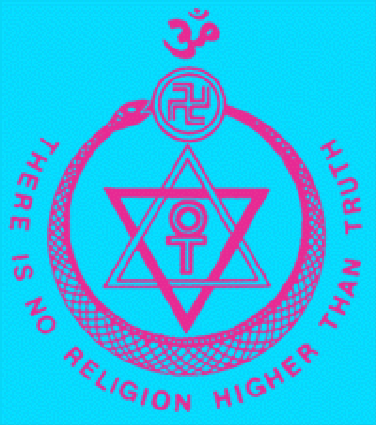
Cardiff
Theosophical Society in
Theosophy
House
206
Newport Road, Cardiff, Wales, UK. CF24 -1DL
Find out
more about
Theosophy
with these links
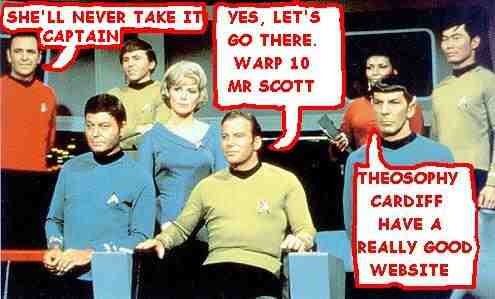
The Cardiff Theosophical Society Website
The National Wales Theosophy Website
If you
run a Theosophy Group, please feel free
to use
any of the material on this site
The Most Basic Theosophy
Website in the Universe
A quick overview of Theosophy
and the Theosophical Society
If you run a Theosophy Group you
can use this as an introductory handout.
Theosophy Cardiff’s Instant Guide
One liners and quick explanations
H P Blavatsky is
usually the only
Theosophist that
most people have ever
heard of. Let’s
put that right
The Voice of the Silence Website
An Independent Theosophical Republic
Links to Free Online Theosophy
Study Resources; Courses,
Writings,
The main criteria
for the inclusion of
links on this
site is that they have some
relationship
(however tenuous) to Theosophy
and are
lightweight, amusing or entertaining.
Topics include
Quantum Theory and Socks,
Dick Dastardly and Legendary Blues Singers.
A selection of
articles on Reincarnation
Provided in
response to the large
number of
enquiries we receive at
Cardiff
Theosophical Society on this subject
The Voice of the Silence Website
This is for everyone, you don’t have to live
in Wales to make good use of this Website
No
Aardvarks were harmed in the
The Spiritual Home of Urban Theosophy
The Earth Base for Evolutionary Theosophy
A B C D EFG H IJ KL M N OP QR S T UV WXYZ
Complete Theosophical Glossary in Plain Text Format
1.22MB
________________
Preface
Theosophy and the Masters General Principles
The Earth Chain Body and Astral Body Kama – Desire
Manas Of Reincarnation Reincarnation Continued
Karma Kama Loka
Devachan
Cycles
Arguments Supporting Reincarnation
Differentiation Of Species Missing Links
Psychic Laws, Forces, and Phenomena
Psychic Phenomena and Spiritualism
Quick Explanations
with Links to More Detailed Info
What is Theosophy ? Theosophy Defined (More Detail)
Three Fundamental Propositions Key Concepts of Theosophy
Cosmogenesis Anthropogenesis Root Races
Ascended Masters After Death States
The Seven Principles of Man Karma
Reincarnation Helena Petrovna Blavatsky
Colonel Henry Steel Olcott William Quan Judge
The Start of the Theosophical
Society
History of the Theosophical
Society
Theosophical Society Presidents
History of the Theosophical
Society in Wales
The Three Objectives of the
Theosophical Society
Explanation of the Theosophical
Society Emblem
The Theosophical Order of
Service (TOS)
Glossaries of Theosophical Terms
Index of
Searchable
Full Text
Versions of
Definitive
Theosophical
Works
H P Blavatsky’s Secret Doctrine
Isis Unveiled by H P Blavatsky
H P Blavatsky’s Esoteric Glossary
Mahatma Letters to A P Sinnett 1 - 25
A Modern Revival of Ancient Wisdom
(Selection of Articles by H P Blavatsky)
The Secret Doctrine – Volume 3
A compilation of H P Blavatsky’s
writings published after her death
Esoteric Christianity or the Lesser Mysteries
The Early Teachings of The Masters
A Collection of Fugitive Fragments
Fundamentals of the Esoteric Philosophy
Mystical,
Philosophical, Theosophical, Historical
and Scientific
Essays Selected from "The Theosophist"
Edited by George Robert Stow Mead
From Talks on the Path of Occultism - Vol. II
In the Twilight”
Series of Articles
The In the
Twilight” series appeared during
1898 in The
Theosophical Review and
from 1909-1913
in The Theosophist.
compiled from
information supplied by
her relatives
and friends and edited by A P Sinnett
Letters and
Talks on Theosophy and the Theosophical Life
Obras
Teosoficas En Espanol
Theosophische
Schriften Auf Deutsch
An Outstanding
Introduction to Theosophy
By a student of
Katherine Tingley
Elementary Theosophy Who is the Man? Body and Soul
Body, Soul and Spirit Reincarnation Karma
Guide to the
Theosophy
Wales King Arthur Pages
Arthur draws
the Sword from the Stone
The Knights of The Round Table
The Roman Amphitheatre at Caerleon,
Eamont Bridge, Nr Penrith, Cumbria, England.
Geoffrey of Monmouth
(History of the Kings of Britain)
The reliabilty of this work has long been a subject of
debate but it is the first definitive account of Arthur’s
Reign
and one which puts Arthur in a historcal context.
and his version’s political agenda
According to Geoffrey of Monmouth
The first written mention of Arthur as a heroic figure
The British leader who fought twelve battles
King Arthur’s ninth victory at
The Battle of the City of the Legion
King Arthur ambushes an advancing Saxon
army then defeats them at Liddington Castle,
Badbury, Near Swindon, Wiltshire, England.
King Arthur’s twelfth and last victory against the Saxons
Traditionally Arthur’s last battle in which he was
mortally wounded although his side went on to win
No contemporary writings or accounts of his life
but he is placed 50 to 100 years after the accepted
King Arthur period. He refers to Arthur in his inspiring
poems but the earliest written record of these dates
from over three hundred years after Taliesin’s death.
Pendragon Castle
Mallerstang Valley, Nr Kirkby Stephen,
A 12th Century Norman ruin on the site of what is
reputed to have been a stronghold of Uther Pendragon
From wise child with no
earthly father to
Megastar of Arthurian
Legend
History of the Kings of Britain
Drawn from the Stone or received from the Lady of the Lake.
Sir Thomas Malory’s Le Morte d’Arthur has both versions
with both swords called Excalibur. Other versions
5th & 6th Century Timeline of Britain
From the departure of the Romans from
Britain to the establishment of sizeable
Anglo-Saxon Kingdoms
Glossary of
Arthur’s uncle:- The puppet ruler of the Britons
controlled and eventually killed by Vortigern
Amesbury, Wiltshire, England. Circa 450CE
An alleged massacre of Celtic Nobility by the Saxons
History of the Kings of Britain
Athrwys / Arthrwys
King of Ergyng
Circa 618 - 655 CE
Latin: Artorius; English: Arthur
A warrior King born in Gwent and associated with
Caerleon, a possible Camelot. Although over 100 years
later that the accepted Arthur period, the exploits of
Athrwys may have contributed to the King Arthur Legend.
He became King of Ergyng, a kingdom between
Gwent and Brycheiniog (Brecon)
Angles under Ida seized the Celtic Kingdom of
Bernaccia in North East England in 547 CE forcing
Although much later than the accepted King Arthur
period, the events of Morgan Bulc’s 50 year campaign
to regain his kingdom may have contributed to
Old Welsh: Guorthigirn;
Anglo-Saxon: Wyrtgeorn;
Breton: Gurthiern; Modern Welsh; Gwrtheyrn;
*********************************
An earlier ruler than King Arthur and not a heroic figure.
He is credited with policies that weakened Celtic Britain
to a point from which it never recovered.
Although there are no contemporary accounts of
his rule, there is more written evidence for his
existence than of King Arthur.
How Sir Lancelot slew two giants,
From Sir Thomas Malory’s Le Morte d’Arthur
How Sir Lancelot rode disguised
in Sir Kay's harness, and how he
From Sir Thomas Malory’s Le Morte d’Arthur
How Sir Lancelot jousted against
four knights of the Round Table,
From Sir Thomas Malory’s Le Morte d’Arthur
Try
these if you are looking for a local
Theosophy
Group or Centre
UK Listing of Theosophical Groups
Cardiff
Theosophical Society in Wales
206 Newport Road, Cardiff, Wales, UK. CF24 -1DL
Wales Picture Gallery
Bala
Brecon
Pembroke
Llanidloes
Mold Market
Rhayader
Barmouth
Barmouth
Blorenge Mountain near Abergavenny
Castle Bank Hill Fort, Radnorshire
Cynwyd Youth Hostel
The Harvest Moon Centre, Holyhead
Hay on Wye
Knighton
Llancayo Windmill near Usk
A Nant Y
These were built by the ironmasters in the early
1800s to protect themselves against worker revolts.
Tintern Abbey
Usk
Monmouth
Cardiff
Theosophical Society in Wales
